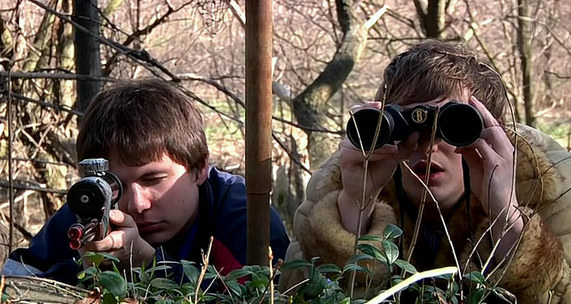 Matt and Owen are best friends tasked with making a movie for one of their classes. With a massive love of cinema to their credit, the two boys create a pastiche heavy revenge movie where they track down and kill the gang of bullies at their school who they have designated as 'The Dirties'. What begins as a harmless outlet for their animosity towards these cruel individuals quickly takes a dark turn when Matt begins to plot a plan that involves killing these bullies in reality. Shot in a faux-documentary style, Matt Johnson's The Dirties is a raw and refreshing take on high school bullying and violence that at first displays a comedic disguise before slowly fading into darkness. The film does a remarkable job at balancing the comedy and drama elements that together make a poignant commentary on loneliness and the effects that senseless bullying can create. Matt and Owen could definitely be described as "film nerds" and the film relies on that for a good amount of the humor. These two characters are always regurgitating lines and poorly reenacting scenes from their favorite films which often leads to great comedic moments. These characters are incredibly engaging and that's what makes Matt's slow descent over the edge that much more impactful. Through most of the duration we could never see such a fun-loving teenager turn into another school shooter which I believe is the exact point the filmmakers are trying to make. Being teased and abused countless times from various students, The Dirties captures Matt's ability to separate reality from fiction becoming increasingly blurred. Matt Johnson's The Dirties is a unique, entertaining, and powerful examination on bullying that brings the proverbial hammer down on the viewer in its final sequence. 8/10
0 Comments
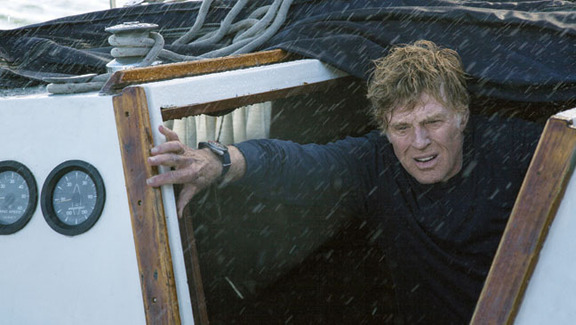 J.C. Chandor's All is Lost is a minimalistic drama about a man who must fight for survival when he finds himself lost at sea. The man's bad luck begins when his boat collides with a storage container, puncturing the haul of his sailboat. A resourceful man, he is able to patch up the hole but things only escalate when he finds himself in the middle of a massive storm. J.C. Chandor wisely keeps this film very simplistic, consisting of almost no dialogue. He recognizes that talent in front of him in Robert Redford and lets him simply act, relaying pretty much every emotional state someone in a life and death situation would exhibit. All is Lost is an intense film about a man coming face to face with his own mortality, as his situation quickly escalates. This intensity that the film exudes reminded me quite a bit of Cuaron's Gravity, with the obvious difference being space vs. the ocean. Robert Redford gives his best performance in quite awhile, and it was certainly nice to see him in a film like this, instead of his typical generic political-fueled drivel. While All is Lost is certainly engaging I did find the film to run a little too long, given the subject matter, but Chandor does do a great job at keeping it gripping throughout. J.C. Chandor's All is Lost wasn't nearly as "insightful" or "profound" as I was lead to believe but it's a solid film about the will to survive. 7/10 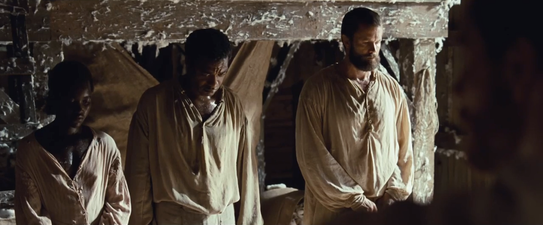 Steve McQueen's Twelve Years A Slave tells the true story of Solomon Northrop, a free black man living in New York who is kidnapped while in Washington D.C. and sold into slavery. The film chronicles the trials and tribulations of Solomon as he goes from owner to owner never shying away from the raw, unspeakable horror which slavery was. Going into Twelve Years A Slave I was a bit concerned that McQueen would tone down his craft in directing this film but for the most part he doesn't, creating a nightmarish portrait of this stain in American history. Solomon is a man who faces nearly insurmountable odds when it comes to seeing his family ever again, but he never gives up hope. Make no mistake, this film can be hard to watch at times, with McQueen lingering on imagery, forcing the viewer to witness the unspeakable brutality. McQueen uses juxtaposition to devastating effect, with the cries of agony routinely layered over imagery. 12 Years A Slave is deeply personal but it also has a lot of interesting commentary on the culture and economic environment of the time. The film captures how the slaves were essentially currency for these plantation owners, their way of life while never demonizing every southern individual like so many other films tend to do. Benedict Cumberpatch's character Ford is incredibly important in that regard, a decent man who seems almost stuck in the dark and barbaric circumstances around him. He is not an evil monster and serves as a nice counterpoint to Michael Fassbender's insidious character. Featuring an amazing cast and a top notch filmmaker, Twelve Years of Slavery is the pinnacle of films about American slavery and should not be missed. 8.75/10 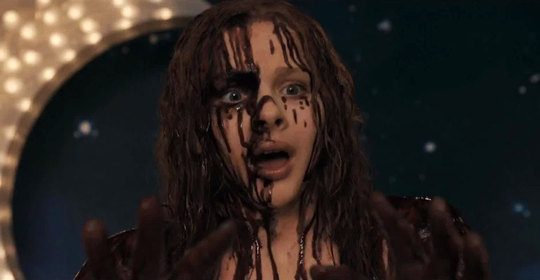 Remakes of iconic films tend to go one of two ways; they either completely bastardize the original vision, or they recreate the original version in a way that adds nothing new or interesting to the conversation. Kimberly Peirce's Carrie is more of the latter, an almost scene-for-scene remake that comes dangerously close to having unintentional laughs during a few scenes. This is not a bad film per se, just a flat and uninspired one that feels almost rushed compared to De Palma's original. It's kinda strange since this film is technically two minutes longer than the original but the the 2013 version seems far too hasty to get to its iconic conclusion instead of really exploring Carrie's fractured mental state. The biggest difference between these two films is no question the direction, with De Palma's version being far more subversive, stylish, and terrifying. Kimberly Peirce's version does an adequate job but she fails to live up to the craft that De Palma instilled in the original. The cast is very solid, with Julianne Moore stealing the film as Carrie's insane mother, Margaret White. Moore nails this guilt-addled evangelist type character with a performance that rivals Piper Laurie's take. I guess I just wish the film tried to add something new about the hot-button issue of bullying instead of just going through the same similar motions. While Kimberly Peirce's Carrie is not a bad film it's a pretty forgettable one that provides no incentive to see it as long as De Palma's version exists. 4/10 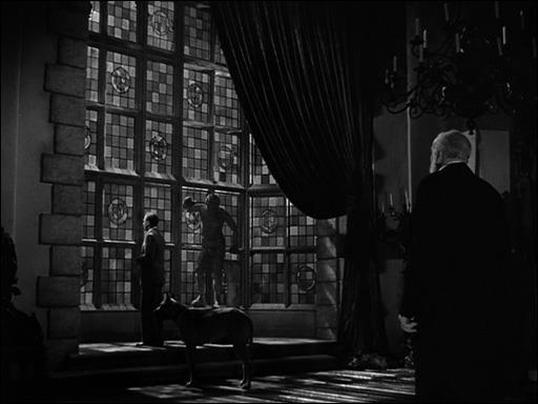 he Undying Monster is a well-crafted variation of the 'Wolf Man' films which combines a supernatural family curse into a murder mystery plot-line. The story is rather on-par with many of the B movies of the time period, but without question elevated by the direction and cinematography. Early on the film builds a nice atmosphere between the wide shot compositions of the old, creepy mansion to the shadow soaked lighting, which help to establish this form of isolation and foreboding doom. While this is definitely not on the same level as Hangover Square, The Lodger, or Guest in the House, this film showcases Brahms ability to really use sound and visuals to create tension and mood. Whether it's the camera movements in the beginning of the film which are perfectly suscinct with the tolling of a clock or the scene in front of a fire place where smoke distorts the entire image, Brahm was really underrated as a visual filmmaker. Obviously having Lucien Ballard as your cinematographer for this film certainly helps the cause too. So all in all, John Brahm's The Undying Monster is a solid if unspectacular film that is elevated by Brahm and Ballard. There is an ancedotal theme that centers around the diessection of supernatural vs. good old fashion murder that is very interesting too, though not a central theme by any means. 7.25/10  Focusing on four characters, who each live in different provinces of China, Zhang Ke Jia's A Touch of Sin is a complex examination of violence and corruption in contemporary China that questions the merits of a capitalist society. These four storylines are loosely connected by happenstance but the theme of A Touch of Sin is what molds them together. We follow an angry minor whose enraged by the widespread corruption of his village, A migrant who discovers the power he is able to achieve with a firearm, a receptionist who dates a married man, and a young factory worker who goes from job to job with each being more degrading then the last. This is by far the most angry film that Zhang Ke Jia has ever made, a vicious attack on the dehumanizing effect that unbridled captialism has had on China. Whether it is the corruption that money breeds, or the power that it instills in the wealthy, Jia's film shows the horrid effects it has on these various characters. A Touch of Sin is Jia's most stylized film but it still captures some of his trademarks, most notably the juxtaposition of ancient China with this new era, illustrating the vast contrast between the two times. All but one of these characters act out against this corruption in extremely hostile and violent ways with the lone exception being the young factory worker. This young boy instead becomes deeply discouraged, eventually ending his life. Being that this factory worker is the only character who never experienced pre-capitialism China, I found this to be a brilliant decision by Jia, as the old characters are wise enough to know that this type of corruption and lack of humanity should not be tolerated. Throughout the various narrative threads we are shown news reports of tragedies such as a collapsed mine and train accident. While these incidents may at first seem someone superfluous it becomes clear that Jia is blaming corporate greed for these incidents. While the characters of A Touch of Sin could fight back against the corruption, the film reminds us that most people are not capable of doing so, falling victim to the companies bottomline in such tragedies. Zhang Ke Jia's A Touch of Sin is a complex and insightful look at modern China that is easily one of the best films of the year. 8.75/10 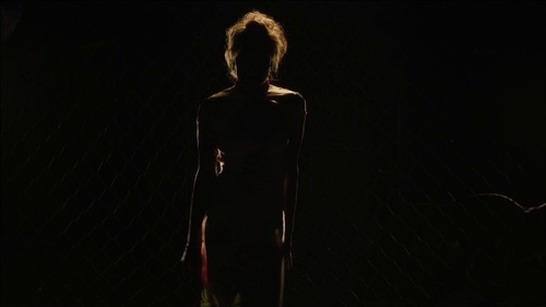 After being away from the place of his youth for 30 years, Mata returns to Macao after receiving an email from his friend Candy, who seems to be in great danger. Not having seen Candy for years, she explains that she has once again gotten involved with the wrong man, with the consequences being very serious. With Macao being a very different place now, Mata must navigate through his own personal memories of the place he was raised in order to help Candy. Joao Pedro Rodrigues and Joao Rui Guerra da Mata's The Last Time in Macao is a truly unique experience that blends aspects of film noir, travelogue, and documentary to create a one of a kind film. This is a deeply personal account of the filmmaker's childhood, detailing how this city he once knew has gone through sweeping changes. Some may find the film is too personal at times, struggling to reach the viewer on an emotional level, but overall It transported me into this filmmaker's emotional viewpoint where I was able to relate to similar experiences of change in my own life. Mata and Rodrigues have lots to say, touching on interesting discussions about sovereignty, culture, death, and life but this window into their emotional state is what I found truly intoxicating. The film is narrated by Mata, much like some of the classic noirs, but we never are exposed to his face or body at all. We can identify with this man through his voice but this tactic forces the viewer to treat the city of Macao as its own character, a living and breathing world, where culture, history, and time blend. Visually the film is quite stunning, with editing and compositions that combine to affect the viewer on an emotional state whether it be fear, discomfort, or joy. To say I grasped everything the filmmakers were trying to say would be an out right lie, but The Last Time In Macao is almost a spiritual experience that delivers a unique vision of the effect time has on culture and life. 8.25/10 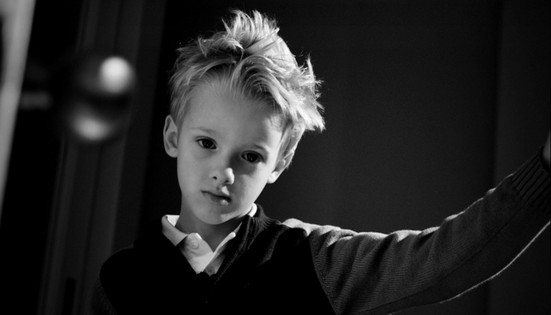 Jim, a middle-aged man, has just arrived in Disneyworld to experience the "happiest place on earth" with his wife and two children. On arrival,Jim learns that he has lost his job but he keeps the news secret from his wife, embarking on a full day of park hopping with his family. Enchanted by the fairytale princesses and whimsical atmosphere, Jim soon finds his pleasant family vacation unraveling into a surrealist nightmare of bizarre encounters lead by an obsessive and creepy pursuit of a pair of french teenage girls. Randy Moore's Escape from Tomorrow is an inventive and unique journey into madness that is undone by its muddled intentions. Shot entirely on location at Disneyworld using guerrilla tactics, Escape From Tomorrow is impressively photographed but its execution does not live up to its promising premise. The film does start strong, slowly peeling layers of darkness and perversion from this place known as the happiest place on earth. The last third of the film is what really struggles, becoming almost nonsensical almost like the filmmakers didn't have a conclusion to their story. This may be harsh criticism but it almost ends up feeling like a amateurish David Lynch impression. From what I could gather, Escape From Tomorrow is a somewhat shallow criticism of Disney's manufactured perfection. The film takes all the wholesome attributes associated with the Disney brand and subverts them, with perversely sexual imagery, unnatural aggression, etc. It's far from being a truly profound examination/ criticism of big business but I'd be lying if I didn't say I enjoyed this perversion of the family paradise Disney provides. Randy Moore's Escape From Tomorrow is fun enough, and I definitely enjoyed the ingenuity and imagery that Moore was able to create but unfortunately this is a film that's production and concept outshine its execution. 6.75/10 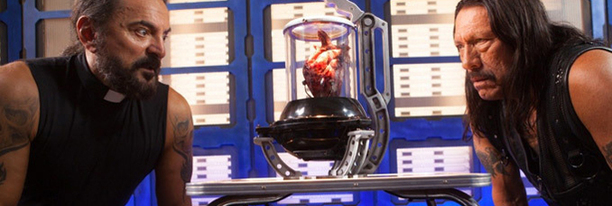 Danny Trejo returns as Machete, a ex-Federale agent, who is recruited by the President of the United States for a mission that would seem impossible for any normal man. With the capitol in danger Machete is tasked with bringing down a madman revolutionary and a billionaire arms dealer whose sinister plan could cause the end of civilization as we know it. Robert Rodriguez's Machete Kills is another somewhat enjoyable ode to grindhouse cinema that entertains more so than it doesn't. Machete Kills delivers pretty much what one would expect with lots of cheesy over-the-top violence, intentionally laughable action scenes, and an overabundance of self-awareness. Rodriguez assembles one of the strangest casts in recent memory from Lady Gaga to Mel Gibson, and Cuba Gooding Jr, letting them play in this ridiculous world. Many of the criticism's centered around Machete Kills is the notion that we've seen this joke done before, and sure we have, but that doesn't mean Machete Kill's isn't able to be creative in its execution. For example, there is a hitman character known as the Chameleon, who changes his face every-time he is spotted. This lets Rodriguez and his actors have a lot of fun with Cuba Gooding Jr, Walter Goggins, Lady Gaga, and Antonio Banderas all being the same character. My biggest complaint with Machete Kills is actually the digital photography which looks far too clean and polished for a film that is supposed to be replicating the grindhouse era. I guess I could see the argument that the joke runs itself out towards the end, especially because the film is 15 minutes too long, but Machete Kills is a step up from the first film and is a fun experience if you enjoy this type of thing. 6.5/10 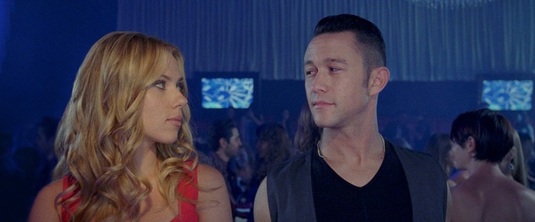 Going into Joseph Gordon-Levitt's Don Jon I was intrigued but very fearful that this latest actor turned director endeavor was flawed from the beginning due to the miscasting of himself in the lead role. Unfortunately my fears were only verified as Joseph Gordon-Levitt feels terribly miscast. Sure, he put on some muscle for the role but he still doesn't fit this stereotypically Jersey boy persona - a simple ladies man who spends his days in the gym and his nights in the clubs searching for his next prize. Early on the film spends a lot of time introducing the audience to his routine (gym, porn, church, family dinner, clubs), using repetitious editing and sound design that effectively captures the circular lifestyle he lives. When he meets Barbara one night in a club, things change for Don as he begins to fall hard for her. Don Jon is a film about overcoming addiction and compulsion but it never quite pulls off its themes mainly because of a storytelling approach that is far too simplistic for what it tries to achieve. Julianne Moore's character, Esther, is really the character which enacts change in Jon but the film's treatment of her character is paper thin. She is a woman who recently lost her husband and daughter in a car accident but the film fails completely at making the audience care at all on an emotional level. She serves her purpose but I really wanted her to have more dimension. Actually this kinda envelopes the whole problem in general with Don Jon, in that it lacks much focus on exactly what it's trying to say. Is it the red-headed step child with down-syndrome equivalent of Mcqueen's Shame? or a film that attempts to capture the essence of what is necessary for a relationship. It tries to touch on both of these themes,among others, which in turn makes neither very resonant. It almost seems that Gordon-Levitt himself wasn't sure through most of the film, but I must admit the theme revolving around the give and take of relationships and how it must be selfless is poignant, but it almost feels like it comes out of nowhere. So many movies these days capture this primitive archetype of relationships in which the male is the provider and responsible for taking care of everything and Don Jon does do a good job at presenting the absurdity of this notion. Joseph Gordon Levitt's Don Jon is an entertaining and comedic experience that's highest points ride on the charisma of Joseph Gordon-Levitt which somewhat mask the faults of the storytelling. 5/10 |
AuthorLove of all things cinema brought me here. Archives
June 2023
|
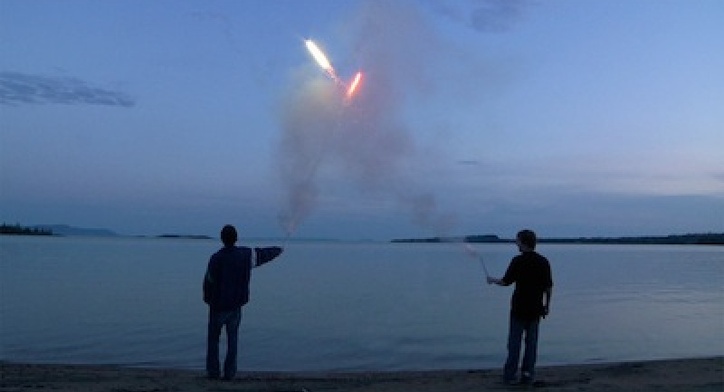
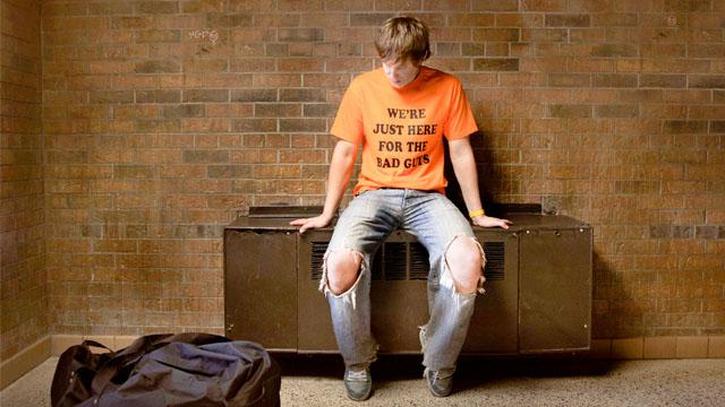

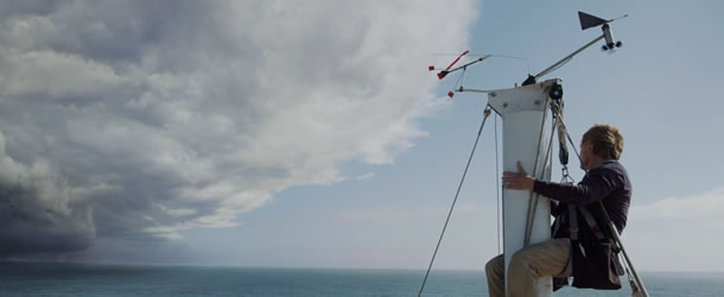

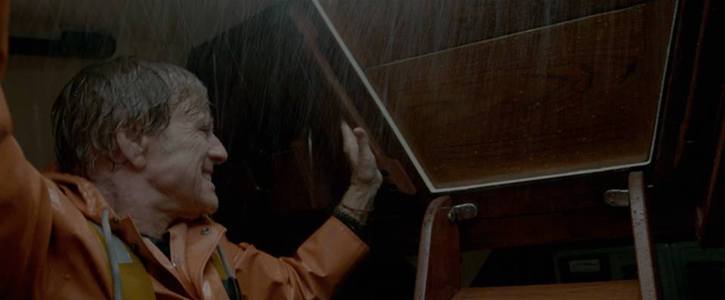
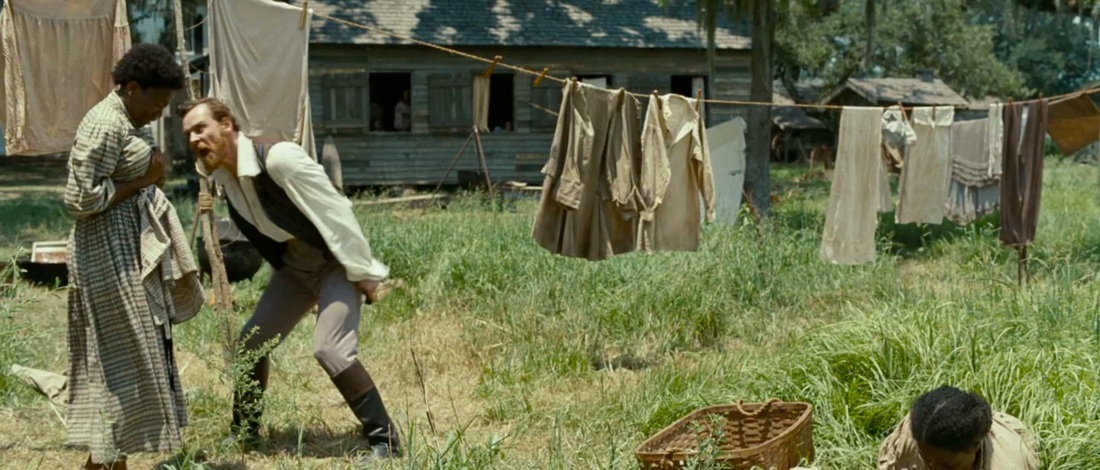
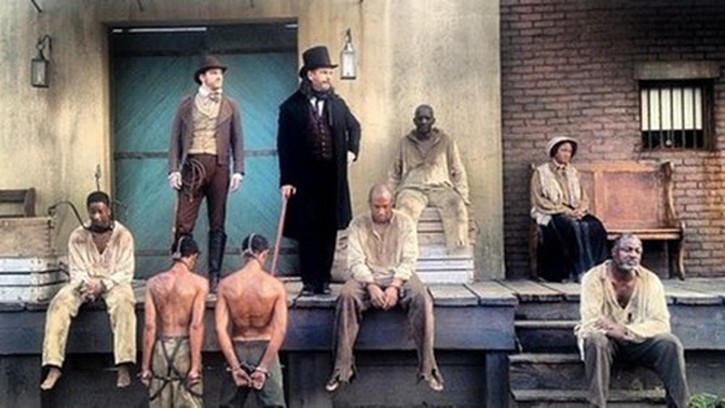
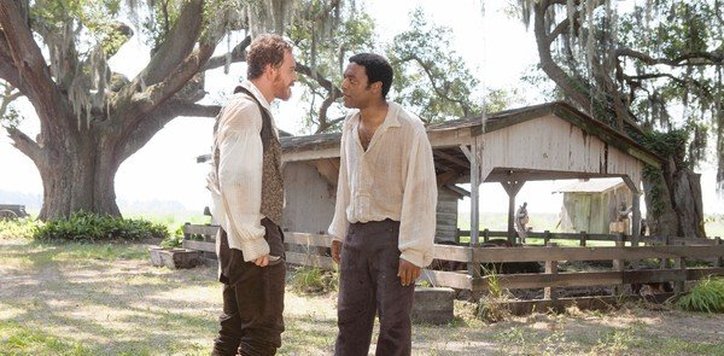
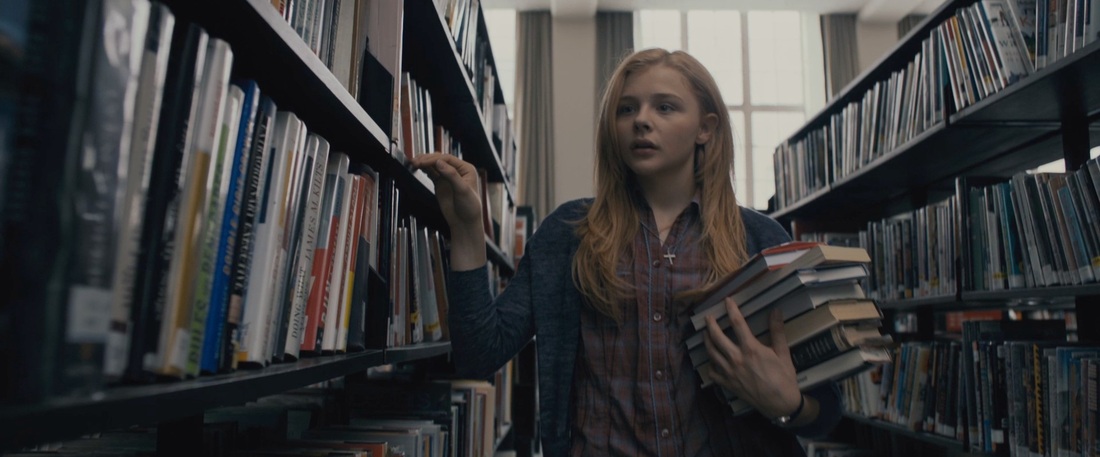
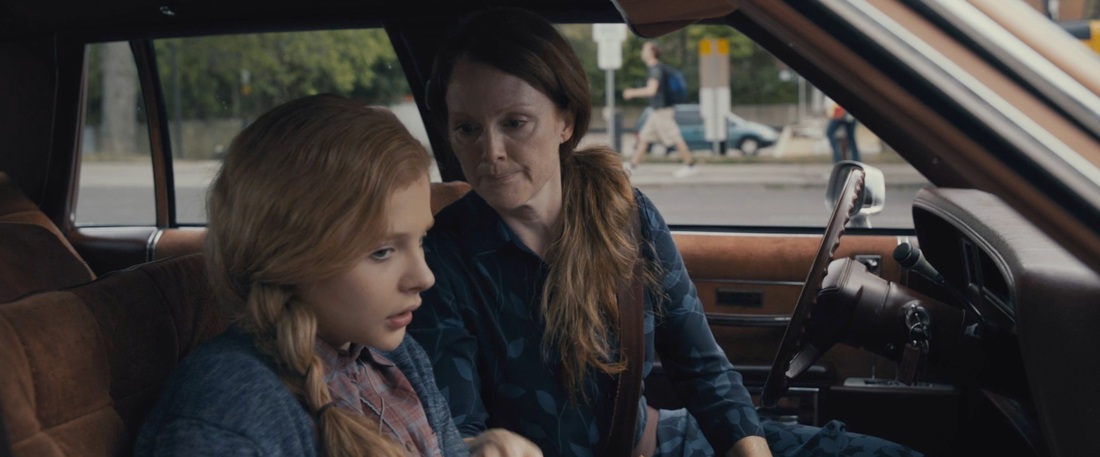
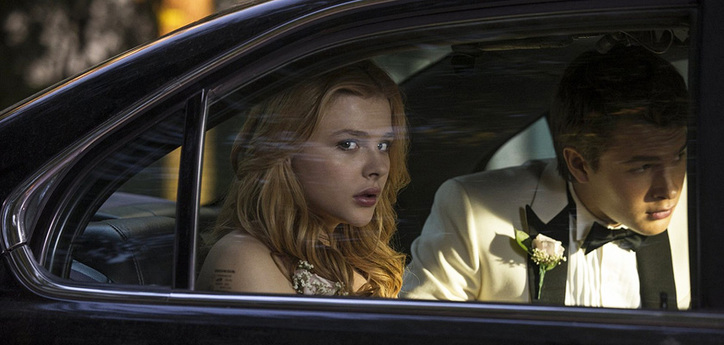
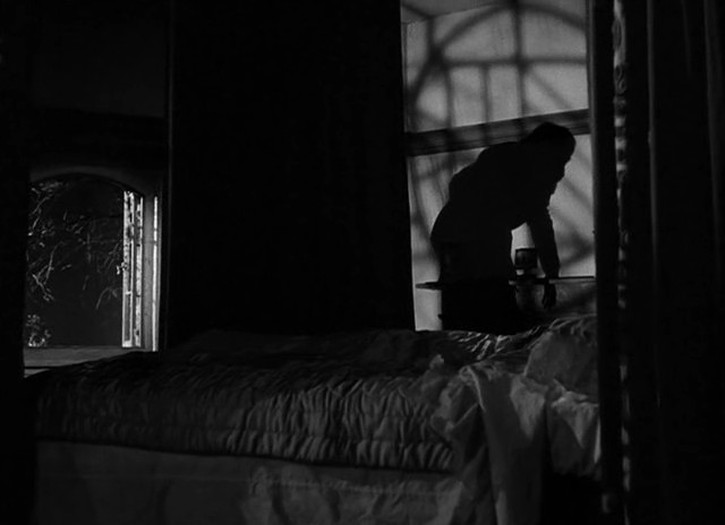
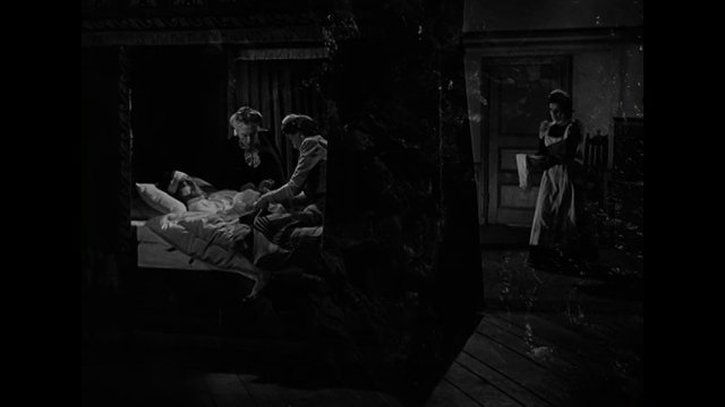
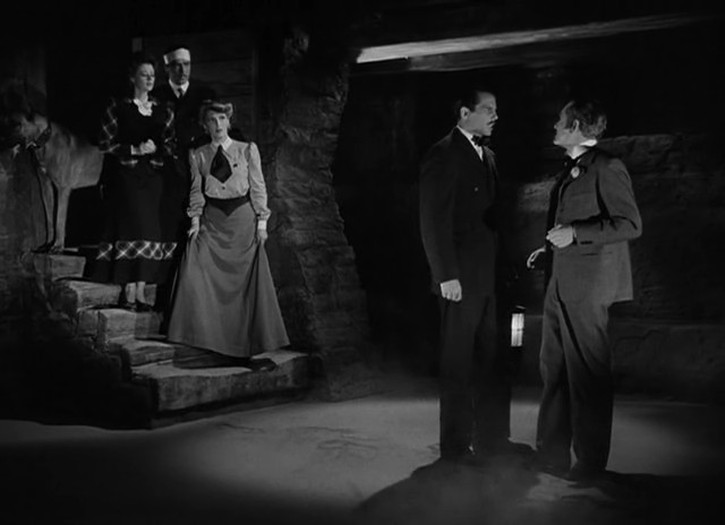
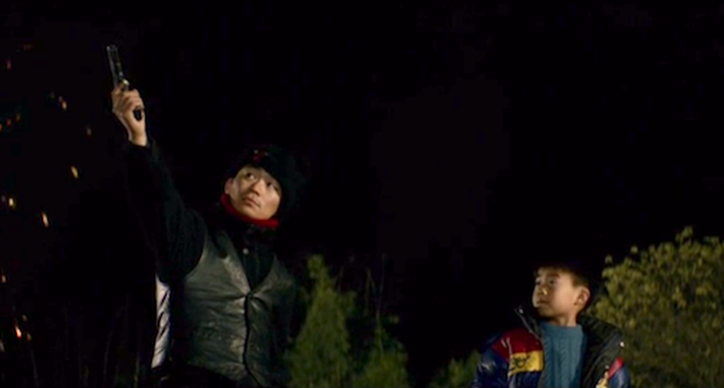
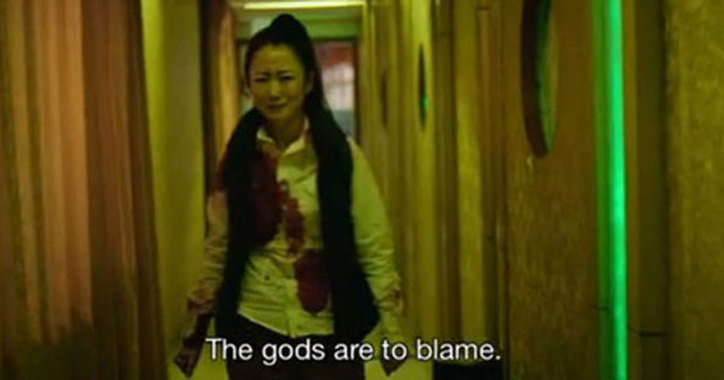
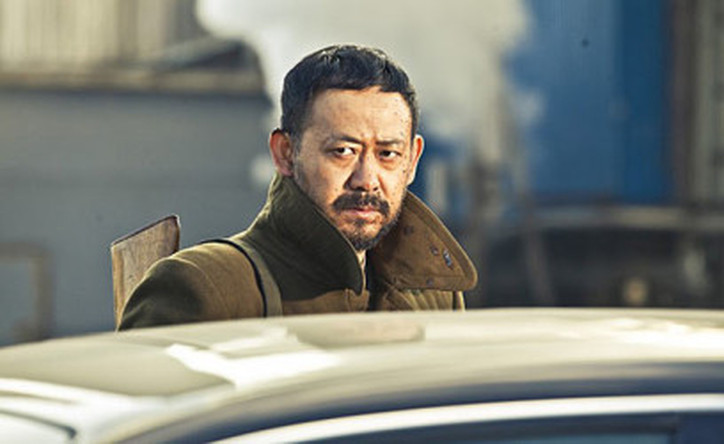
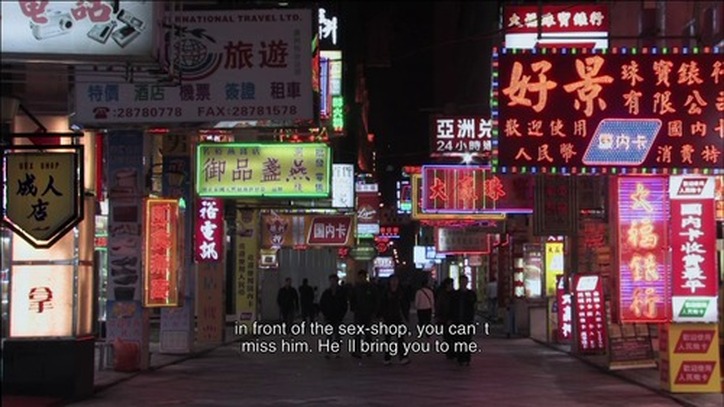
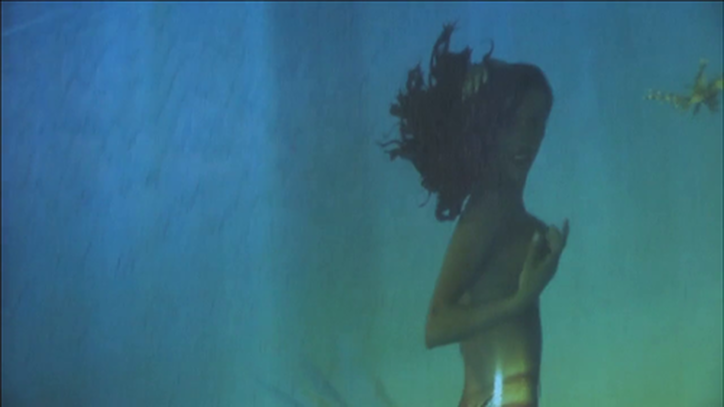
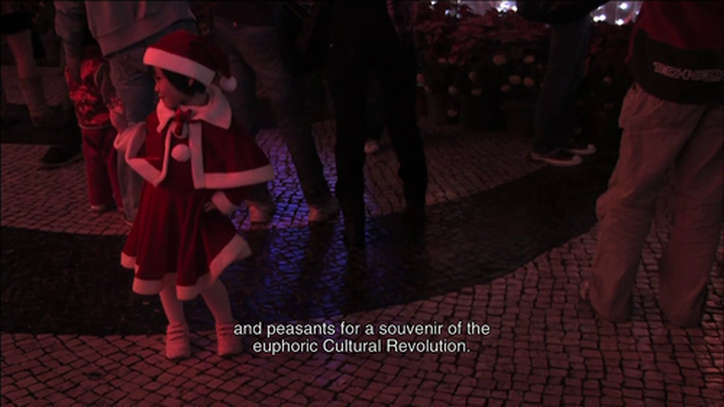
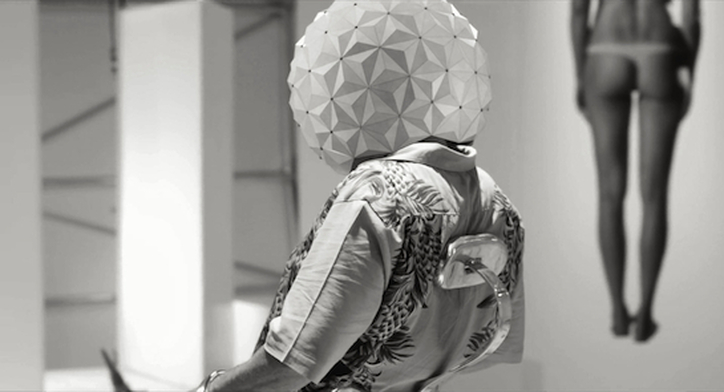
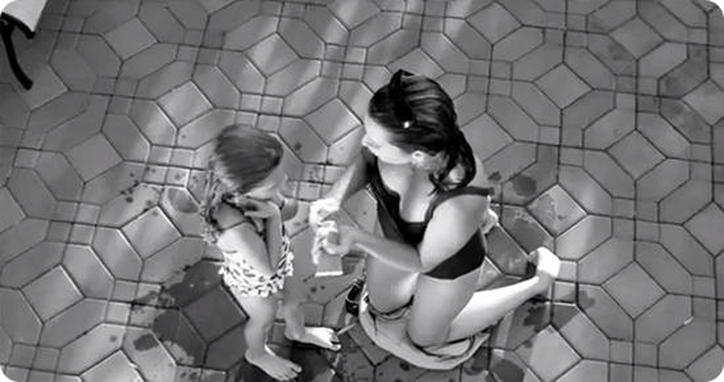


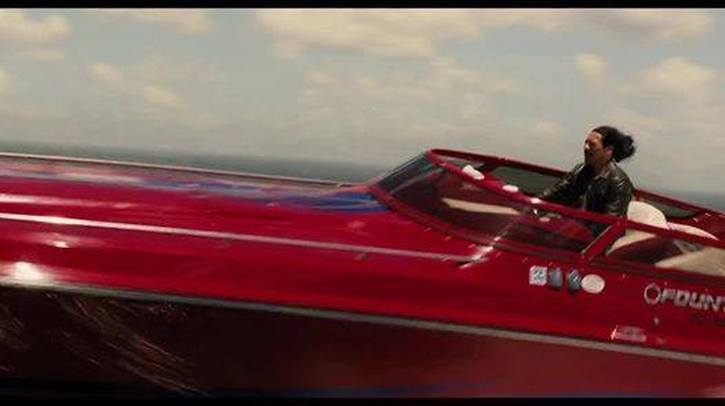
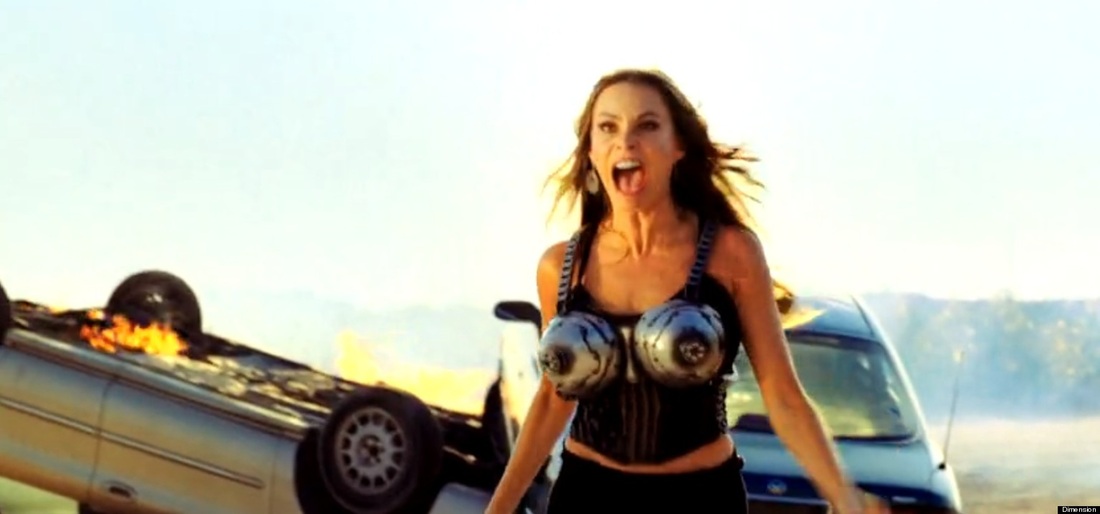
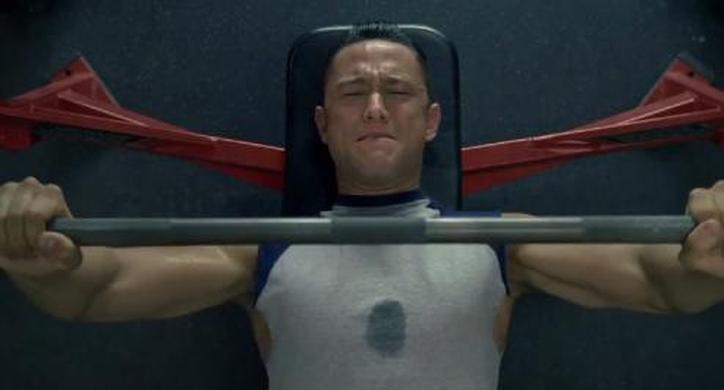
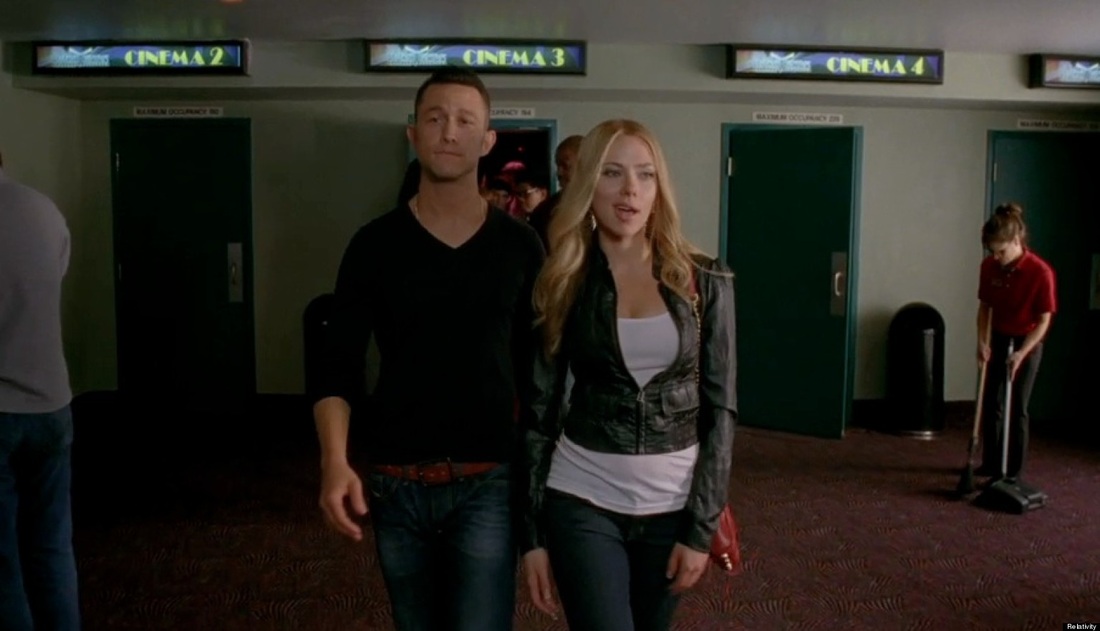
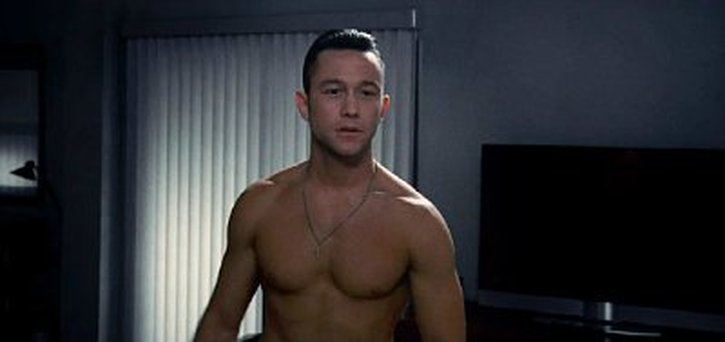
 RSS Feed
RSS Feed
